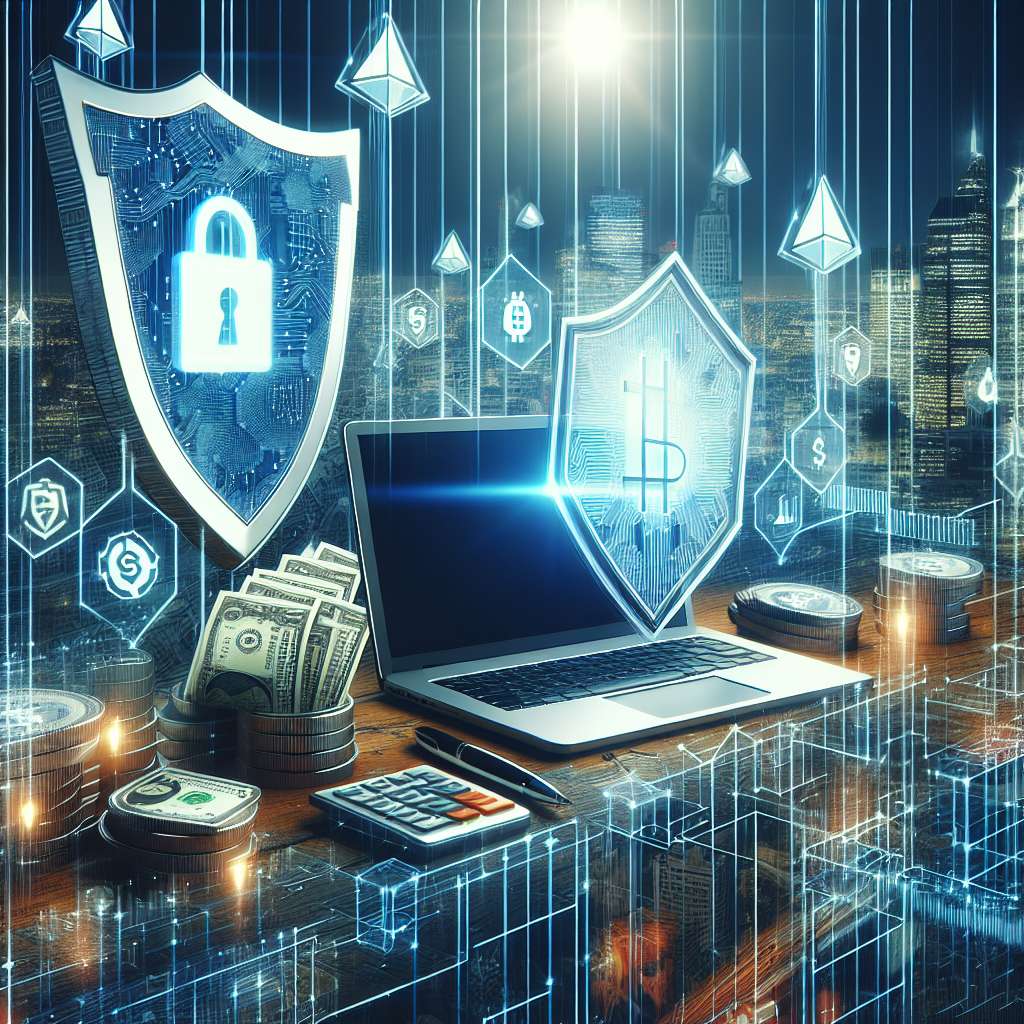How can I protect my digital assets from cyber attacks and theft?
I have digital assets such as cryptocurrencies and I'm concerned about the security of my holdings. What steps can I take to protect my digital assets from cyber attacks and theft?

3 answers
- As a digital asset holder, it's crucial to prioritize the security of your holdings. Here are a few steps you can take to protect your digital assets from cyber attacks and theft: 1. Use a hardware wallet: Consider storing your cryptocurrencies in a hardware wallet, which is a physical device that securely stores your private keys offline. This significantly reduces the risk of online attacks. 2. Enable two-factor authentication (2FA): Enable 2FA on all your cryptocurrency exchange accounts and wallets. This adds an extra layer of security by requiring a second verification step, such as a code sent to your mobile device. 3. Keep software up to date: Regularly update the software on your devices, including your operating system, antivirus software, and cryptocurrency wallets. Updates often include security patches that protect against known vulnerabilities. 4. Use strong and unique passwords: Create strong and unique passwords for all your cryptocurrency-related accounts. Avoid using the same password across multiple platforms, as it increases the risk of being compromised. 5. Be cautious of phishing attempts: Be vigilant of phishing attempts, where attackers try to trick you into revealing your login credentials or personal information. Always double-check the authenticity of emails, links, and websites before entering any sensitive information. By following these steps, you can significantly reduce the risk of cyber attacks and theft on your digital assets.
 Jan 12, 2022 · 3 years ago
Jan 12, 2022 · 3 years ago - Protecting your digital assets from cyber attacks and theft is of utmost importance. Here are some practical tips to enhance the security of your holdings: 1. Use a reputable cryptocurrency exchange: Choose a well-established and reputable cryptocurrency exchange that prioritizes security measures. Research the exchange's security features, such as cold storage and multi-signature wallets. 2. Diversify your storage solutions: Consider diversifying your storage solutions by using a combination of hardware wallets, software wallets, and offline storage options. This reduces the risk of a single point of failure. 3. Educate yourself about common scams: Stay informed about common scams and tactics used by cybercriminals. By understanding their methods, you can better protect yourself from falling victim to their schemes. 4. Regularly monitor your accounts: Keep a close eye on your cryptocurrency exchange accounts and wallets. Monitor your transaction history and set up alerts for any suspicious activity. Remember, the security of your digital assets is ultimately your responsibility. By implementing these measures, you can significantly reduce the risk of cyber attacks and theft.
 Jan 12, 2022 · 3 years ago
Jan 12, 2022 · 3 years ago - At BYDFi, we understand the importance of protecting your digital assets from cyber attacks and theft. Here are some best practices to safeguard your holdings: 1. Secure your private keys: Ensure that your private keys are stored securely and are not accessible to unauthorized individuals. Consider using a hardware wallet or a secure offline storage solution. 2. Use a VPN: When accessing your cryptocurrency accounts or wallets online, use a virtual private network (VPN) to encrypt your internet connection. This adds an extra layer of security and protects your data from potential eavesdropping. 3. Regularly review your security settings: Periodically review and update your security settings on cryptocurrency exchanges and wallets. Enable additional security features, such as withdrawal whitelisting or IP address restrictions, to enhance the security of your accounts. 4. Stay informed about security updates: Stay up to date with the latest security news and updates in the cryptocurrency industry. This allows you to proactively address any vulnerabilities or security risks. Remember, protecting your digital assets requires ongoing vigilance and a proactive approach. By following these recommendations, you can minimize the risk of cyber attacks and theft.
 Jan 12, 2022 · 3 years ago
Jan 12, 2022 · 3 years ago
Related Tags
Hot Questions
- 72
What are the advantages of using cryptocurrency for online transactions?
- 46
How can I minimize my tax liability when dealing with cryptocurrencies?
- 43
How can I protect my digital assets from hackers?
- 36
How does cryptocurrency affect my tax return?
- 33
What are the best digital currencies to invest in right now?
- 22
What are the tax implications of using cryptocurrency?
- 22
How can I buy Bitcoin with a credit card?
- 16
Are there any special tax rules for crypto investors?
